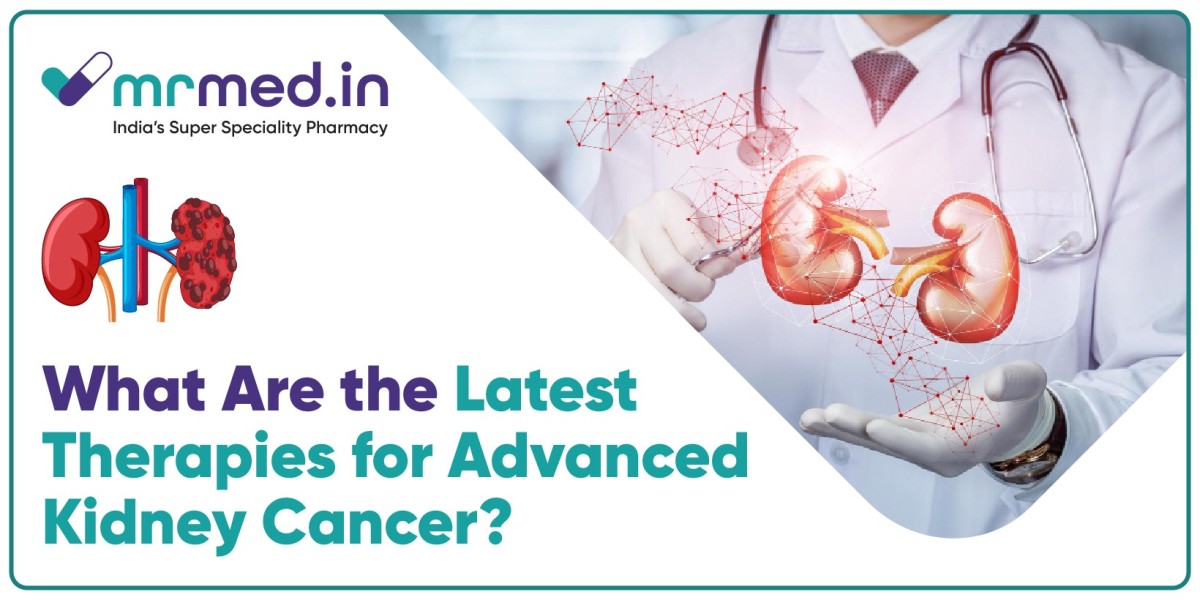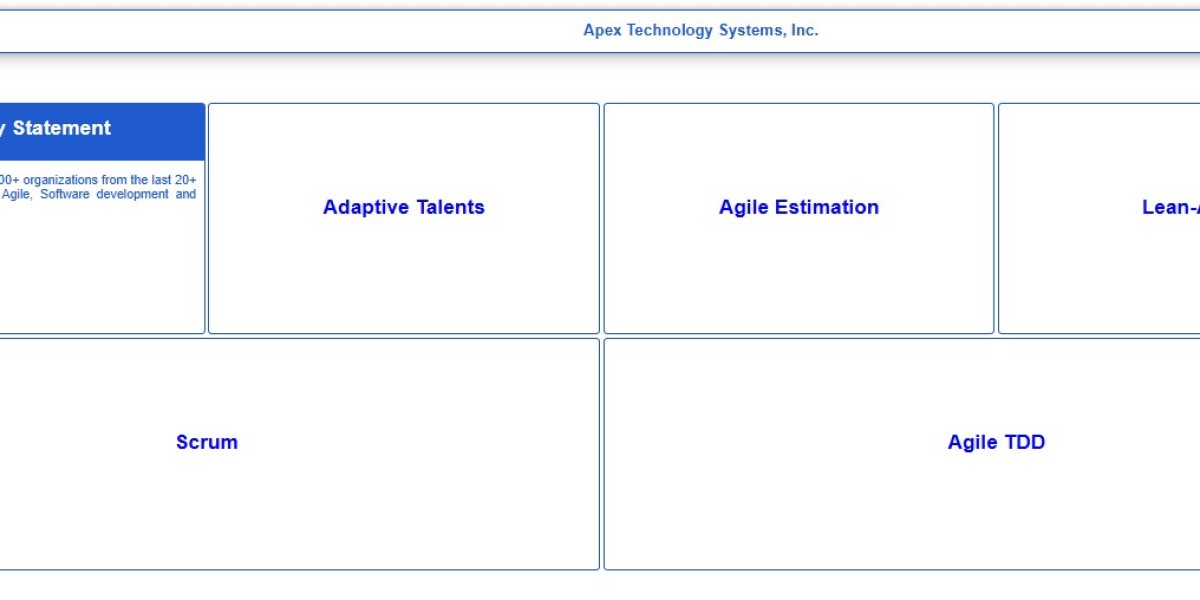Advanced kidney cancer was once seen as a condition with limited treatment possibilities, but recent medical breakthroughs are changing that outlook. New therapies are helping patients live longer, healthier lives while keeping the disease under control. These advances combine targeted treatments, immunotherapy, and better supportive care to give hope where there was once very little.
Understanding Advanced Kidney Cancer
Kidney cancer happens when abnormal cells grow out of control inside the kidney, forming a tumour. In advanced stages, the cancer may spread beyond the kidney to other parts of the body. Common symptoms include blood in the urine, persistent back or side pain, fatigue, and sudden weight loss.
Catching it early often leads to better treatment results, but even when diagnosed later, new medical approaches are proving highly effective.
Targeted Therapy for Better Results
One of the most important advancements in the fight against advanced kidney cancer is the use of targeted therapy. This modern treatment approach focuses on specific molecules and pathways that cancer cells depend on to grow and spread, rather than affecting healthy cells across the body. Complete Guide to Kidney Cancer includes
Cabzored 20mg Tablet is a prescription medicine used in the treatment of advanced kidney cancer and certain other cancers. It works by blocking specific proteins that help cancer cells grow and spread.
Cabozantinib is the active ingredient in some cancer treatments and belongs to a class of medicines known as tyrosine kinase inhibitors. It targets cancer cell signalling pathways and blood vessel growth, reducing the tumour’s ability to thrive and spread to other areas.
Key benefits:
Tumour reduction: Helps shrink existing cancer growths, making them more manageable.
Slows progression: Delays the advancement of the disease, giving patients more time and better quality of life.
Improved survival rates: Clinical studies have shown longer life expectancy for patients on targeted therapy.
Precision treatment: Focuses on cancer-specific pathways, reducing harm to normal cells.
Potential for combination therapy: Often paired with immunotherapy for even better outcomes.
Treatment approach:
This therapy is typically administered in tablet form under the guidance of a medical professional. The dosage and duration depend on the patient’s overall health, cancer stage, and response to treatment. In many cases, it can be combined with other modern treatments to maximise effectiveness.
Additional advantages:
It can be used when standard chemotherapy or surgery is not suitable.
Offers hope for patients who have not responded well to earlier treatments.
Less invasive than many traditional cancer treatments.
By directly interfering with the mechanisms that allow cancer to thrive, targeted therapy is providing new possibilities for managing advanced kidney cancer and improving patient survival.
Prevention and Cancer Risk
While not all kidney cancers can be prevented, lowering the risk starts with protecting overall kidney health. Kidney Disease Diet includes:
Maintaining a healthy blood pressure and blood sugar level
Drinking enough water daily
Avoiding overuse of certain medications, especially painkillers
Staying physically active and managing body weight
When kidneys remain healthy, they efficiently filter waste, balance hormones, and lower the chances of long-term complications, including the risk of certain cancers.
The Future of Kidney Cancer Treatment lies in the Prevention of Chronic Kidney Disease.
Rapid advancements in treatment are improving survival rates and quality of life for patients through a mix of medical innovation and personalised care.
Targeted therapies work by targeting specific weaknesses in cancer cells, offering precision treatment with minimal damage to healthy tissues.
Immunotherapy strengthens the body’s own immune system to detect and attack cancer cells, providing another powerful line of defence.
Combination treatments using both targeted therapy and immunotherapy can slow cancer progression more effectively than traditional methods.
Ongoing research is developing advanced medicines, combination therapies, and personalised genetic treatments tailored to each patient’s tumour profile.
Future treatments may offer higher effectiveness with fewer side effects thanks to these medical innovations.
Lifestyle management is becoming an essential part of care, including a kidney-friendly diet, regular exercise, and stress reduction.
Chronic disease prevention strategies help maintain kidney health, reduce complications, and support long-term wellness.
Final Thoughts
Advanced kidney cancer is no longer a condition with few options—today, medical innovation is rewriting the story. With targeted therapies, immunotherapy, and personalised care, patients can access treatments that not only slow cancer progression but also improve daily living.
The future holds even greater promise as research brings forward more precise, effective, and less invasive options. Alongside these medical advancements, lifestyle choices such as maintaining a kidney-friendly diet, managing stress, and preventing chronic kidney disease play a vital role in long-term health. While the journey may still be challenging, the combination of science, supportive care, and healthy living is giving patients real hope and a better chance at living fuller, longer lives. The future of kidney cancer treatment is indeed brighter than ever.







